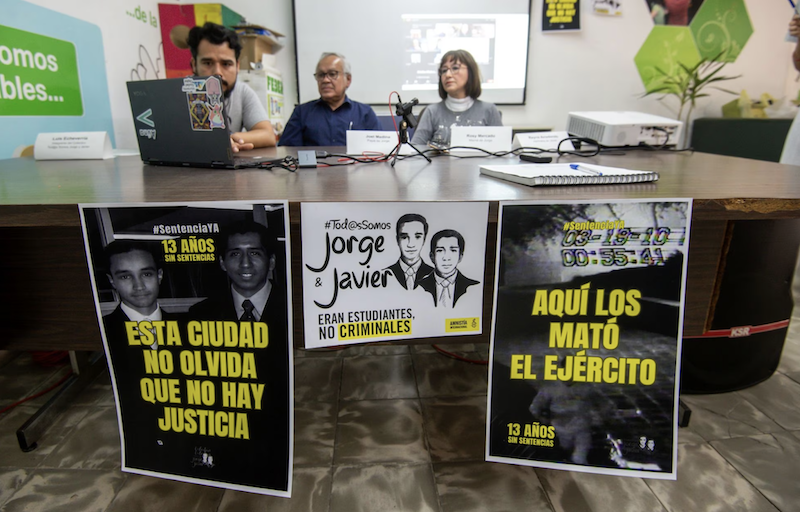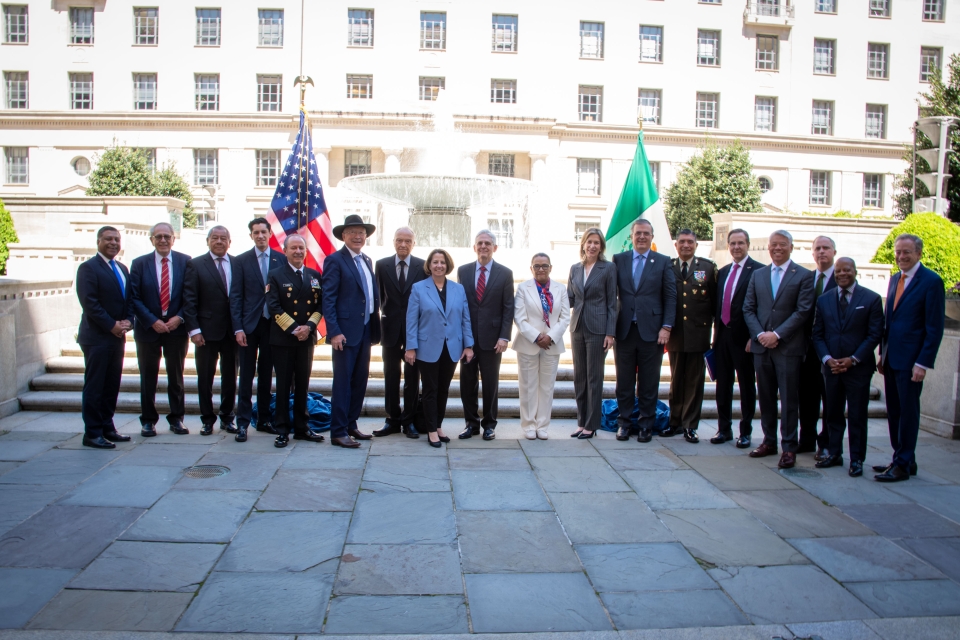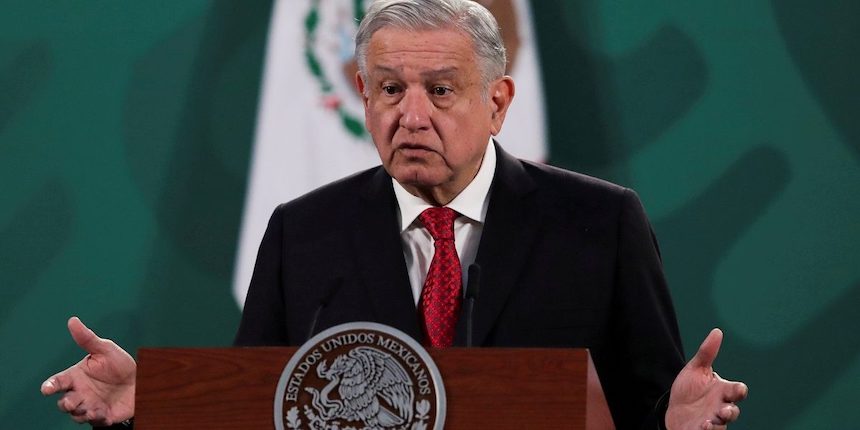As Mexico’s Senate prepares to consider the nomination of Arturo ChávezChávez to be the country’s next attorney general, many will be scrutinizing the process to make sure that it is conducted with transparency and proper accountability.
Chávez was a former attorney general for Chihuahua, a state where an investigation over the unusual number of deaths and missing reports of women, mostly during the 1990s, has received global attention. Chávez served as Chihuahua’s Federal Attorney General from 1996 to 1998.Human rights groups, opposition parties and others have accused Chávez of failing to do his work properly in the case of the unsolved murders of women in Chihuahua. More than 400 women were strangled, abused and stabbed between 1993 and 2003, mostly in the city of Ciudad Juárez, but only a few cases have been prosecuted.In the late 1980s, the Mexico Human Rights National Commission asked for investigations into whether any administrative or judicial wrongdoing took place in regard to Chávez’s role in the state, as well asthe role of other law enforcement officials.
everal senators have already been weighing in on the nominee. Senator Jesús Murillo Karam of the National Action Party (Partido Acción Nacional, PAN) said that Chávez must meet high standards in terms of his responsibility, professionalism and capabilities, especially since he is facing such harsh criticisms from human rights groups. Meanwhile, Ricardo Monreal of the Workers’ Party (PartidoTrabajo), is asking for an explanation into why the former Attorney General, Eduardo Medina Mora, stepped down in early September.
One of Medina’s top administrators was accused of corruption, raising questions of how deeply the Federal Attorney General’s office had been infiltrated by drug groups. However, Medina Mora had also clashed with GenaroGarcía Luna, the Secretary of Public Security, which has raised some speculation that the departure may have been the result of power battles. Medina Mora supervised a major overhaul of Mexico’s federal police agencies, including the closure earlier this year of the Federal Agency of Investigations (AFI). AFI has since been replaced by the Federal Ministerial Police.
Mexican President Felipe Calderón of the PAN Party praised Medina’s contributions to the administration, and the ex-Attorney General even received positive remarks from Manlio Fabio Beltran, coordinator of the opposition Institutional Revolutionary Party (Partido Revolucionario Institucional, PRI). Fabio Beltran, who praised Medina’s honesty, called Medina, “a professional in all senses who had satisfactory results during a difficult moment for this country.”
SOURCES:
De Cordoba, Jose. “Mexico replaces Attorney General as drug violence soars.” The Wall Street JournalSeptember8, 2009.
Minjares, Gabriela and Rodriguez, Ivan. “Juarez women murders. The facts behind the myth.” El Diario de El Paso2005.
Monroy, Jorge. “Divide a senadoresratificacion de Chavez.” El EconomistaSeptember14, 2009.
Rama, Anahi. “Mexico’s Calderon faces fight over attorney general.” ReutersSeptember15, 2009.
Ramos, Jorge. “Lamentable, que Medina Mora no siga en PGR: Beltrones.” El UniversalSeptember8, 2009.




